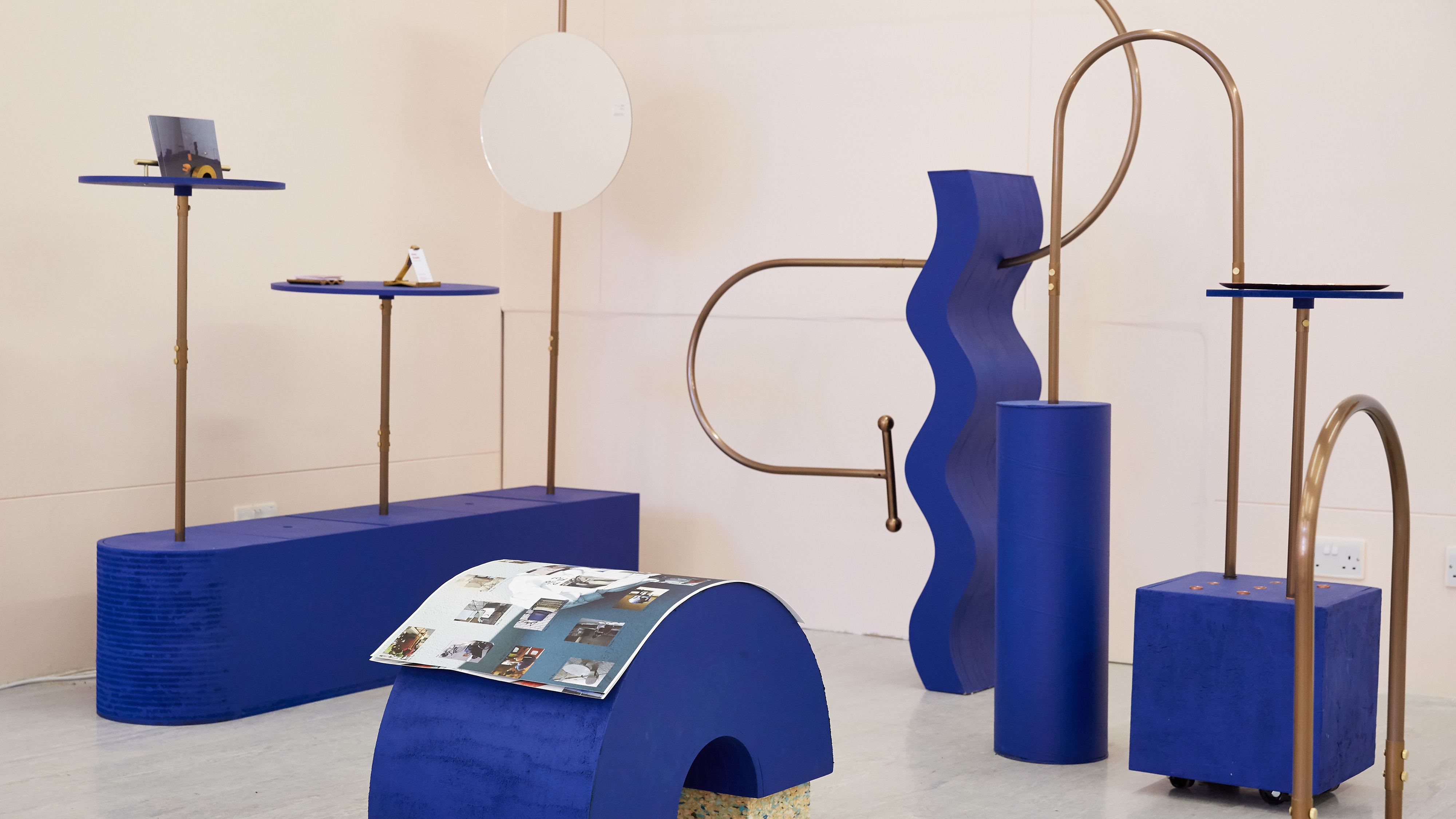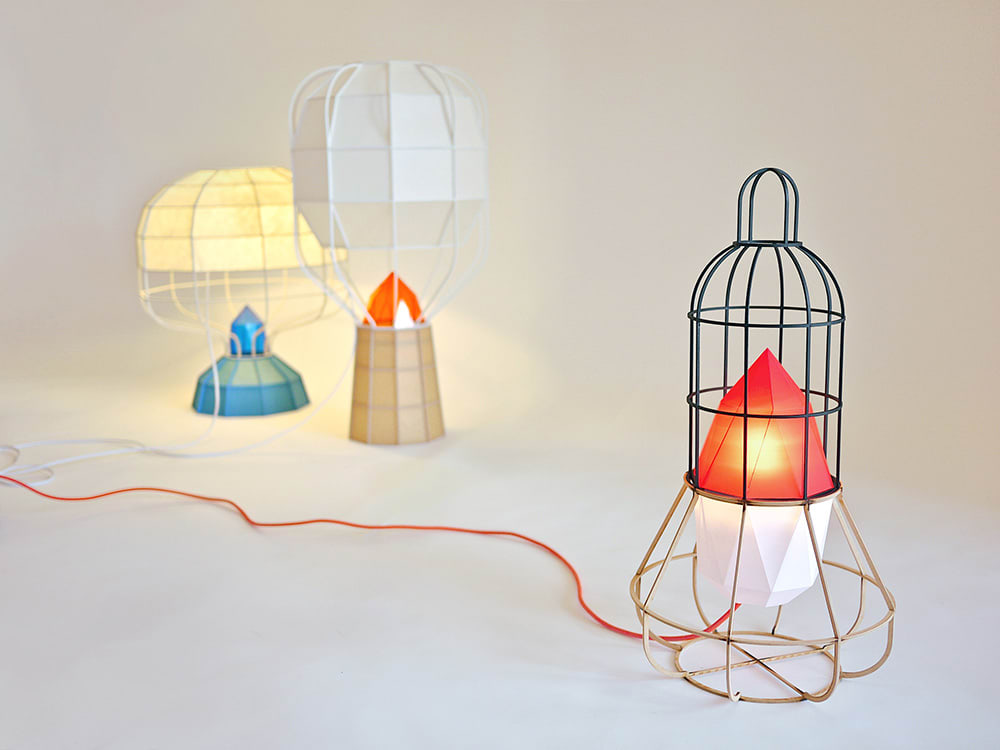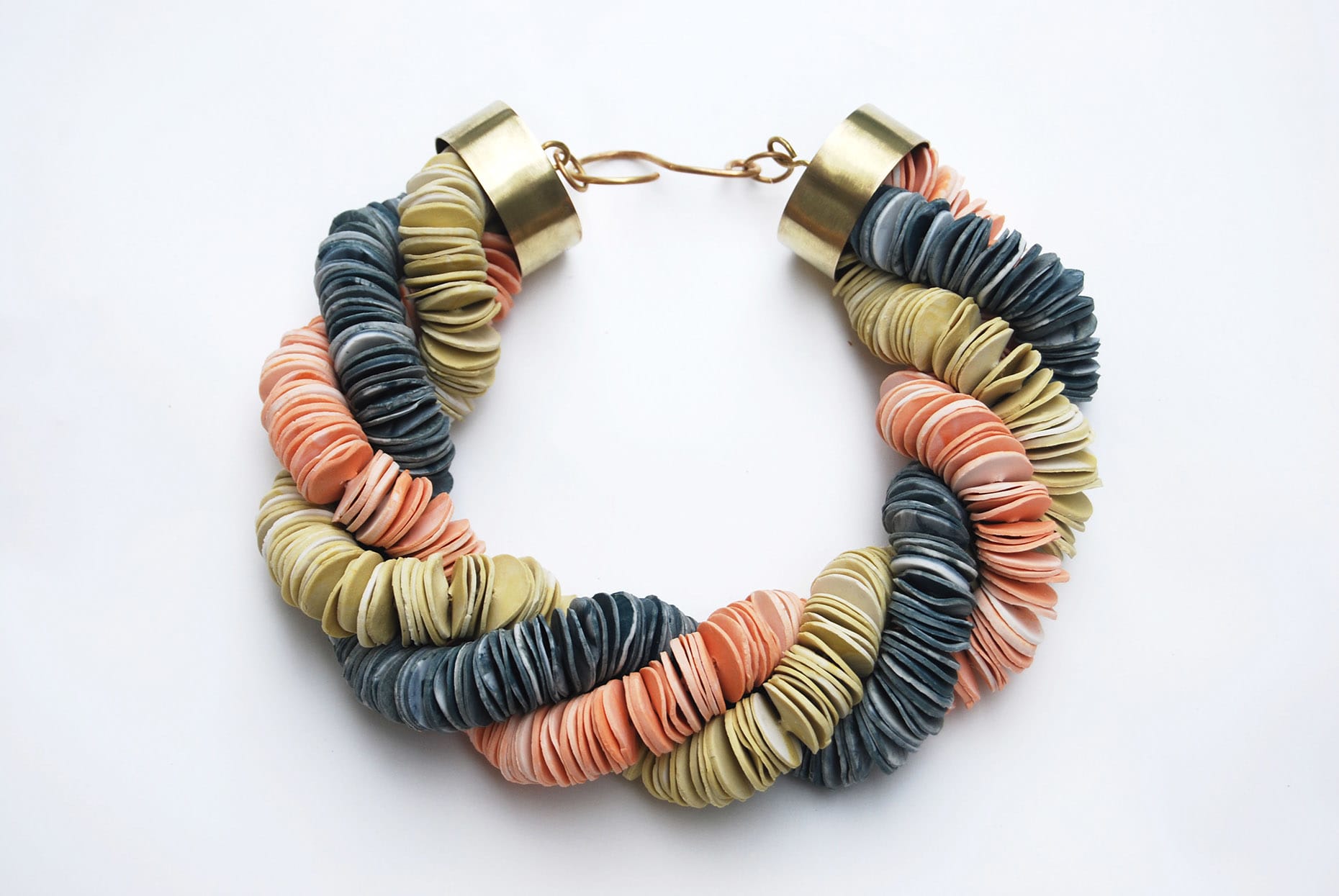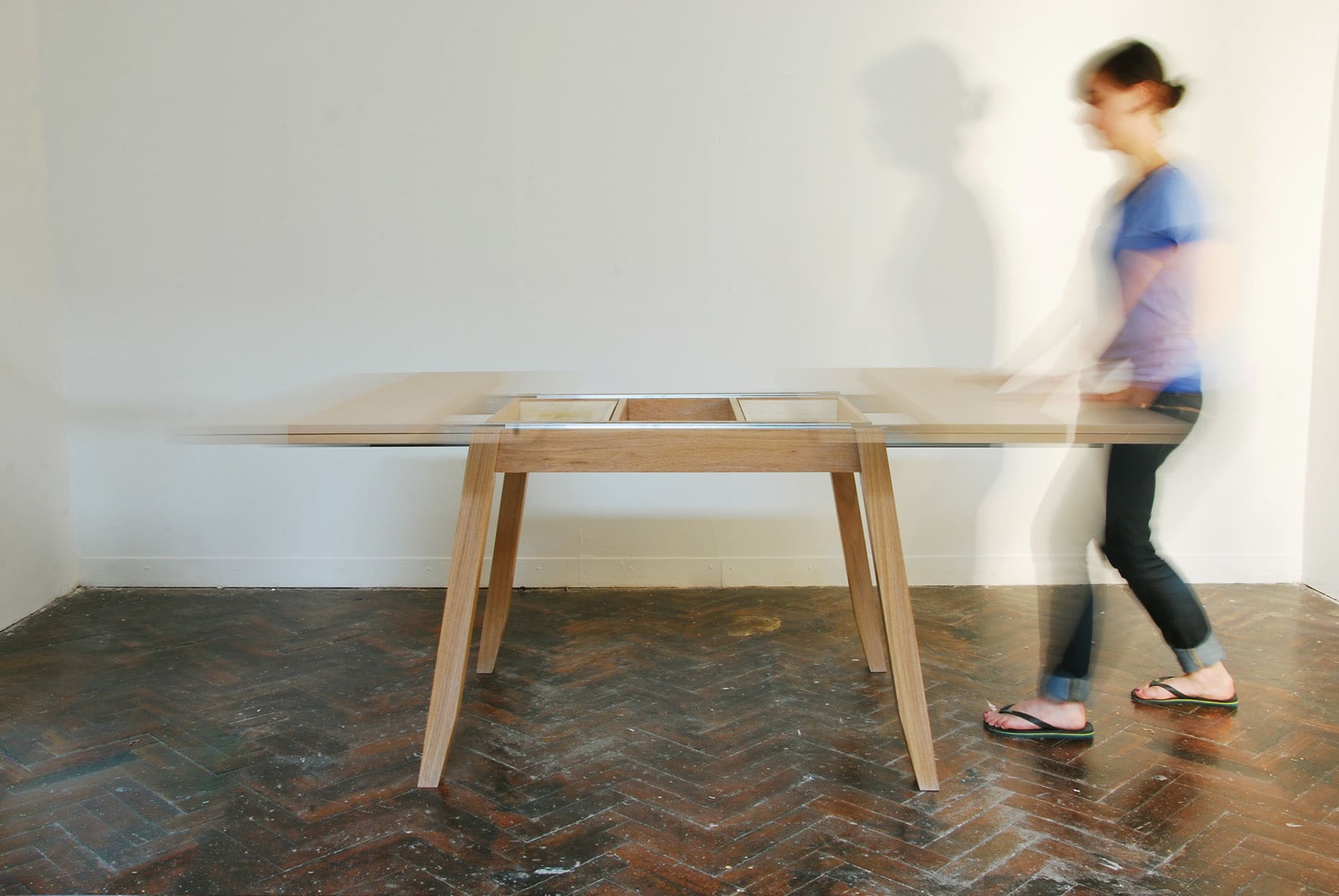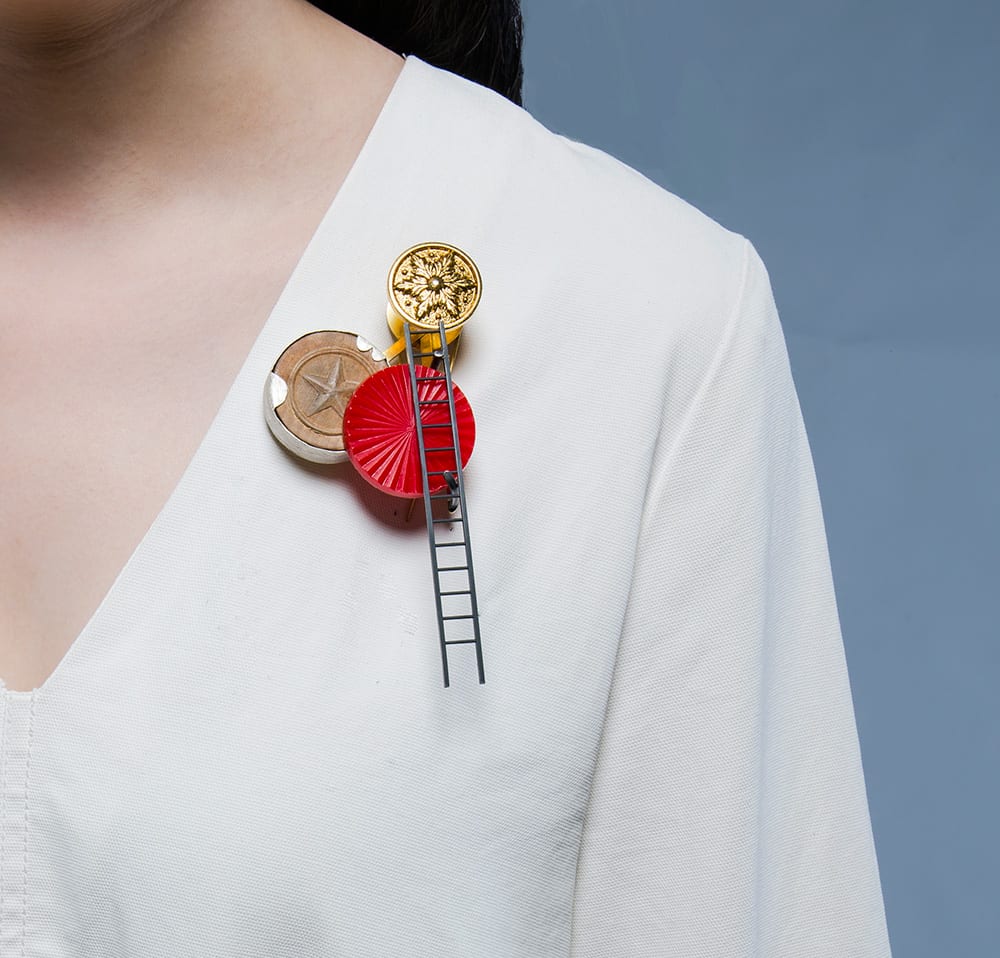Course units
Unit 1: Exploring and understanding research context and methodology
This unit is an introduction to your course, the College and the University. You will devise your own brief and use it as a tool to develop and refine a project proposal.
Moving between studio practice and theoretical research will help you understand the full design process and the contemporary and historical discourses that underpin it. As part of the brief, you’ll also keep an online journal to reflect upon the nature of your practice and skills, as well as the types of knowledge you have engaged with.
At the end of this unit, you’ll submit a research portfolio that includes practical work, experimentations, visual material and theoretical research.
Unit 2: New practice methodologies
This unit builds on your chosen research theme in your project proposal. You will form and test a methodology through experimentation and field work. You’ll be encouraged to actively seek opportunities to collaborate with external partners in order to identify your target audience and align your work with current debates and discourses. Once you have obtained your research findings and outcomes, you’ll build a research portfolio, a project proposal and a research paper.
Unit 3: Synthesising research and implementation of practice
The final unit of the course will focus on the production of your personal project. Once completed, you will submit a professional statement, research portfolio, project proposal and resolved body of work for final assessment. You will also present your work in the College postgraduate show.
Note: 120 Credits must be passed before the final unit is undertaken.
